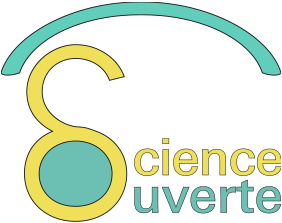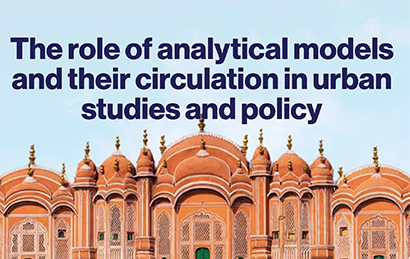Open science
UMR Géographie-cités Open Science
In the framework of Open Science, UMR Géographie-cités shares datasets, source codes and additional material produced by its researchers. To facilitate access to these resources and to allow their reuse in accordance with FAIR principles, several collections have been set up on permanent repositories, notably on the platforms of Zenodo and Nakala. Do not hesitate to consult, share, and quote them as well as to contribute!
For more information on Open Science and data deposit, please see below : Open Science Documentation.

Nakala Collection
Contact: Christine Kosmopoulos
Like the Zenodo Collection, the Nakala Collection enables the sharing, publication, and valorisation of scientific data according to the FAIR principles. It is a national repository managed by the CNRS Very Large Research Infrastructure Huma-Num.

Zenodo Collection
Contact: Christine Kosmopoulos
Zenodo is a platform for depositing and sharing research work, software, source codes and data developed at the European level.

Source Codes
Contacts: Hadrien Commenges et Thomas Louail
git is an open-source version management software, which facilitates software development by multiple developers.
UMR Géographie-cités developed software source codes are currently available on the Gitlab Huma-Num platform or at github.com.
Other resources
The publications deposited on HAL by the members of the UMR can be consulted on the Publications page.
The UMR hosts the journal Cybergeo (OpenEdition Freemium model).
Other types of open content can be found on the Knowledge Sharing page (training materials, MOOC, etc.).

Open Science Documentation
The National Open Science Plan (2018) mandates open access for publications and for data from project-funded research.
The plan is structured around three axes:
- Generalizing open access to publications (open archives and open access publications);
- Structuring and opening research data;
- To be part of a sustainable, European and international dynamic (in particular to make data FAIR [“Findable, Accessible, Interoperable and Reusable”]).
In the Guide to Open Science, you will find general information on Open Science (brief history, legislation, the various debates underway, etc.), but also practical advice on publishing in open access, how to avoid predatory publishers, how to open your data, where to deposit them, your copyright, distribution licenses, etc. This guide is updated regularly.
For questions about Open Science contact Christine Kosmopoulos







